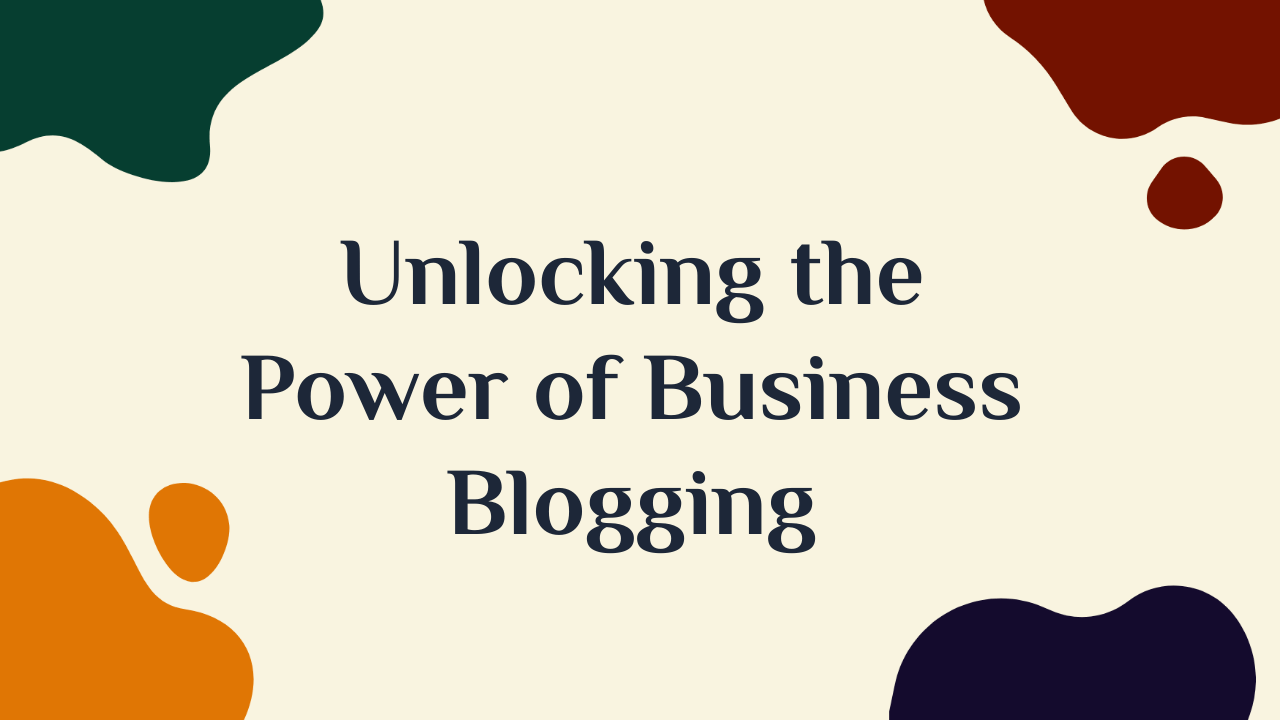Please Stop Posting Nonsense On Facebook
Why I Felt It Was Necessary To Write This Now
While I know this is a marketing website and the main goal here is to help business owners and individuals understanding the power of using digital marketing in becoming successful I felt today it was time to take a different approach. So today’s post is more about how to not make yourself look like an idiot online, and how to spot other idiots when the post stupidity. Now there are a few layers to this so I will start but approaching satire websites first
Due to the type of post this is, it is important that I get this right, so here is the definition of a satire site from Wikipedia.
News satire , also called fake news , is a type of parody presented in a format typical of mainstream journalism , and called a satire because of its content. News satire has been around almost as long as journalism itself, but it is particularly popular on the web , for example on websites like Antarctica Daily and Onion News or Faking News , where it is relatively easy to mimic a credible news source and stories may achieve wide distribution from nearly any site. News satire relies heavily on irony and deadpan humor
So to sum this up, satire webstites aren’t real.There are honestly millions of satire websites on the internet and more being created everyday. So when you decide to share something on Facebook, or any other social media platform, you need to ask yourself is this real, or did this really happen. This also brings us nicely to our next point which is considering the source of the information you want to share.
Considering Your Source
We already established that the satire websites that litter the internet are not real news sources. These are not to be confused with the very credible small news outlets who just don’t have mass media funding. This is a direct look at those sites that use humour as a way to deceive, and because people don’t generally research on their own, they share this information on their Facebook page and pass it as true. For example how many times have you seen where a celebrity has been reported dead on Facebook only to find out it was a hoax. Well these ill conceived jokes are the product of satire websites, and by sharing this information you are part of these poor taste jokes, or worse.
The easiest way to solve this problem, is to consider the source where you first saw the information, no matter what it was. Was it a post from that friend on Facebook that always posts dumb stuff? Was it from your friend that works at a local law firm? We all have friends whose sole purpose in life is to wind people up, well remember that when you look at their Facebook post. Just because the news may look credible, remember the person posting may not be, and that should be enough to at least have you raise an eyebrow.
The most important point about considering the source, is the Facebook page that is being shared itself. Many groups that you may not want to be associated with are very savvy when it comes to using Facebook, and they know that sometimes posting a cute picture of a cat playing with yarn is enough to get you to share it with your friends. With that you may not realise that the Facebook page itself supports something that you don’t believe in, and never would associate with. This brings us to the next point which is fact checking.
Learn How To Fact Check On Your Own/ Use The Internet
Now, before sharing anyone else’s information, you want to have a better understanding of what your sharing and who you are sharing it from. I know there are those that will read this and say that’s too much work, and Facebook should be fun and carefree. Well I agree a little bit. Facebook is a place where your family, friends, and business acquaintances can all interact with your life. Well think about if you share the wrong thing, or share from the wrong page. Do want people to think you are associated with racism, terrorism, or worse? This is why a little fact checking is necessary. The first thing to do is click on the first Facebook page that shared it. What type of things have been posted previously? What type of views do they have? Is this a site you may want to follow? If it is a news story, just use the internet. It doesn’t take long to do search and find out if a news story is real, in fact if it is, it will probably be on Google news.
Don’t Believe Celeberity Pictures With Quotes
So that’s it. A quick look at how to not post nonsense on Facebook. Again, I know many of you will feel this wasn’t a necessary post, if you do believe that I urge you to change your thinking.
It as become very clear that employers are increasingly looking at social media profiles to determine the type of reputation you have on and offline.
Social media is quickly becoming the fastest way to learn about people and their behaviour which is why people contact agencies like ours to help them develop a better persona online .
The idea here is to ensure you are aware that posting nonsense on Facebook has not only short term but long term consequences as well.
Please share this post with others so that we can educate more people about not looking stupid on Facebook.

Want to know more about how our local SEO services can help your business?



